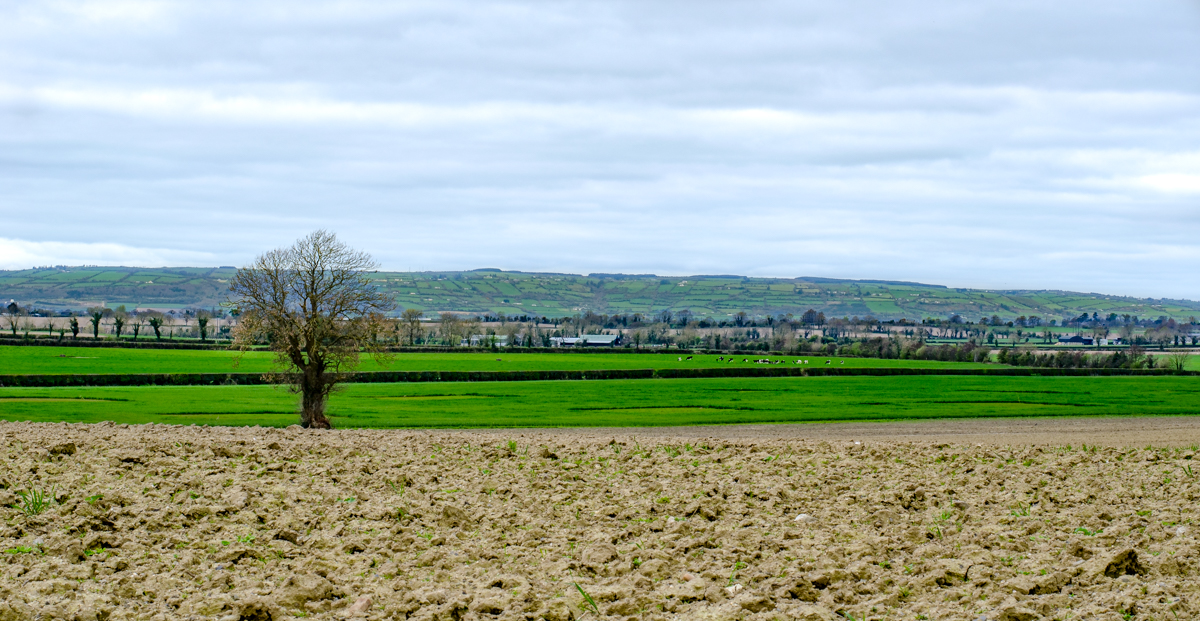A motion focusing on vulture funds, which had been put forward at a previous committee meeting, was withdrawn at the Irish Farmers’ Association’s (IFA’s) two-day Annual General Meeting (AGM) yesterday morning (January 29, 2019).
It was withdrawn by the IFA’s Farm Business Committee chairman Martin Stapleton.
In the motion Stapleton had asked the IFA to call on Deloitte – the association’s auditors – to remove itself from vulture funds or face the wrath of the IFA’s disconnect from the company altogether.
The Farm Business Committee chairman said the proposal was brought to the table in the first instance because of the frustration among farmers over, what they believed, was poor engagement with them by those involved in the asset recovery business and, in particular, with people who had bad debts.
AgriLand understands that the issues arose in situations where Irish financial institutions sold on a particular loan to a vulture fund.
We did not take a decision on the motion at the last council meeting; instead, what we did was we went and met with Deloitte.
Stapleton added: “We had a discussion with representatives from the company; listened to what they had to say and asked them about what the particular circumstances were, that made farms ‘special’.
“Once we were made aware of the circumstances we were able to determine then, that there are certain scenarios that can be treated differently within the whole process.”
He went on to say that he, together with other members of the committee, pointed out to Deloitte that the vast majority of land/farm cases included a family home, and that in many of those instances, “multiple generations of ownership”.
“Taking that factor into account, Deloitte did give us the commitment that it would be very happy to engage with IFA in circumstances when it is acting as the receiver, and when it is specifically asked to do so by the borrower,” he continued.
Bad debt recovery
“What we have in this country now is a system where banks are moving to recover non-performing loans by means of selling those loans to what we all refer to as vulture funds. This is very common in circumstances where banks have failed to get an agreement put in place between themselves and the borrower.”
“Deloitte was the particular focus of our motion because they act as our auditors, but our aim here was to ensure that whoever is involved in the recovery aspect for the charge-holder takes into account that they are dealing with, what is in effect, a family home and that full opportunity is given to the borrower to engage so that the best possible outcome for them can be reached,” the Farm Business Committee chairman added.
“A forced sale only achieves half its value and therefore everybody involved in that sale is worse off. We need to continue to work to ensure that banks, funds, receivers and every professional working in the business understands the sensitivity and the difficulties that are there around farmland. The vast majority of farms are homes and therefore are different to other businesses, but not all.”
“Other banks have started the process and when they finalise the loan sale in those cases there is going to be a huge impact in rural Ireland generally. The quantity of the cases that we are seeing is only going to increase as we go through 2019,” he said.
Help and support
And, because every case differs, Stapleton also pointed out that it would be “impossible” for the IFA to introduce an all-for-one set of rules to protect farmers from vulture funds.
He did say, though, the organisation was in a position now to help those in trouble find the best possible solution.
Deloitte has given us a commitment and we will monitor the level of that commitment over the coming weeks and months to ensure that we get the necessary engagement where appropriate.
He added: “Our mantra in the debt support service in IFA is that it is our job to achieve the best possible outcome by allowing people access the different options that are available to them, so that they can pay their debt. Only in absolute certain circumstances where there is no other viable alternative available should unwanted land sales proceed.”
IFA action
Back in September IFA made it clear that the organisation was opposed to the forced sale of lands in Co. Meath by vulture fund Promontoria, which tried to force a family to sell land to settle debts.
At the time, Stapleton said vulture funds had “no understanding” of the family farm and were focused only on “getting their money”.
It is not acceptable for vulture funds to force a sale of land and cash in debts they have bought from a bank when there is a viable alternative.
He added: “Our debt support team has looked at this case in detail; we have sought professional advice and we are firmly of the view that this farmer has put a very credible proposal to make structured repayments.
“Farm families should be given time to repay their debts over a longer term to keep the farm intact and IFA is standing behind farmers who are committed to implementing a credible solution.”
